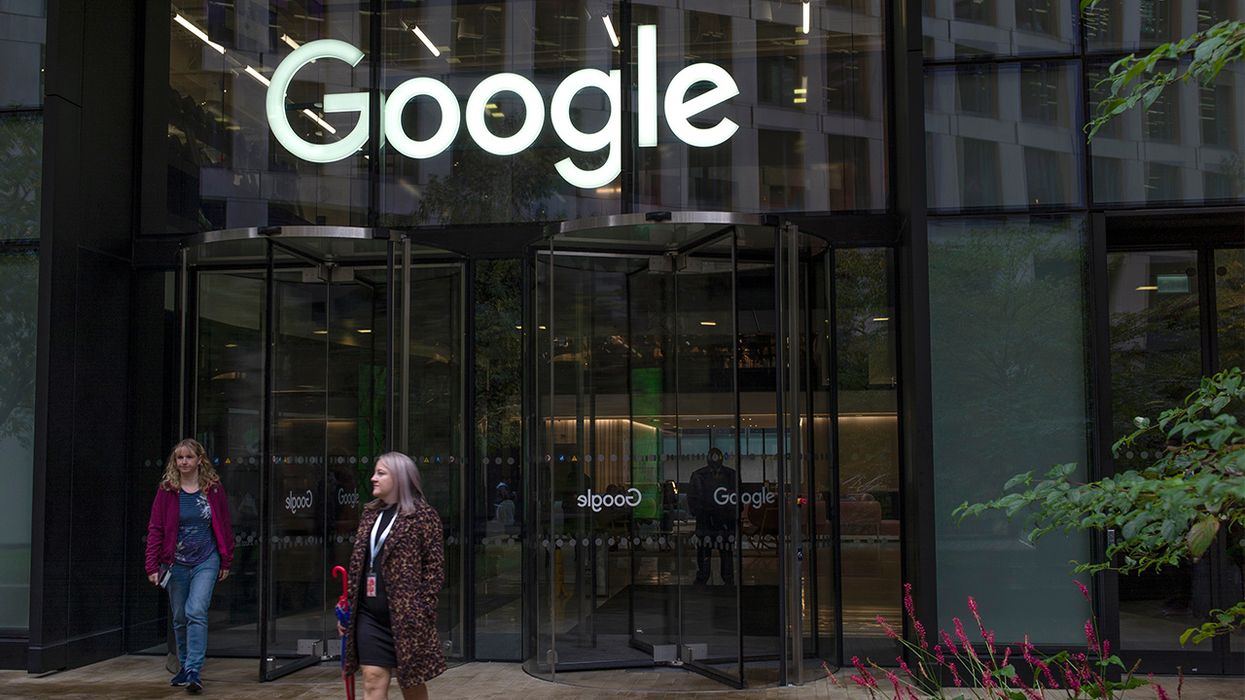
Dan Kitwood/Getty Images

Professor bashes white males in tech
A University of California-Berkeley lecture will assert that internet search engines are perpetuating discrimination and oppression, Campus Reform reported.
During the scheduled March 20 lecture, professor Safiya Umoja Noble plans to argue that "the combination of private interests in promoting certain sites, along with the monopoly status of a relatively small number of Internet search engines, leads to a biased set of search algorithms that privilege whiteness and discriminate against people of color, specifically women of color," according to the description for the event.
The lecture is called "Algorithms of Oppression: How Search Engines Reinforce Racism" and is based on Noble's book, "Algorithms of Oppression." Noble has been on staff at UCLA and is set to be an assistant professor at the University of Oxford this year.
Noble believes that search engines are creating a social problem that illustrates "how racism is created, maintained, and disseminated in the 21st century," according to the event's description.
Noble will also question whether search engines like Google, Bing, and Yahoo "offer an equal playing field for all forms of ideas, identities, and activities."
"While we often think of terms such as 'big data' and 'algorithms' as benign, neutral, or objective, they are anything but," Noble wrote in her book. "The people who make these decisions hold all types of values, many of which openly promote racism, sexism, and false notions of meritocracy."
Campus Reform reported that Noble cites Google's autofill feature as evidence.
Prior to her book's release last February, Noble said that if users typed "women cannot" into Google's search bar, the autofill feature offered suggestions such as "drive, be bishops, be trusted, [and] speak in church." A search for "women should not," generated autofill suggestions such as "have rights," vote, and work. Additionally, a Google search for "black girls" gave links to pornography.
In response, Google spokeswoman Lara Levin gave a 2018 statement to Campus Reform that said:
We've made great strides to improve our systems and prevent the types of issues Dr. Noble describes, which is why many of the examples she reports are no longer present. This was true when the book was published; we have not manually fixed anything in response.
Noble said white males are primarily to blame for the problem.
During an interview for her book, she said, "And, of course, the primary creators in Silicon Valley of the technologies are white and Asian men, but mostly white men. They make the technology in their image and in their interests. They're not thinking about women."